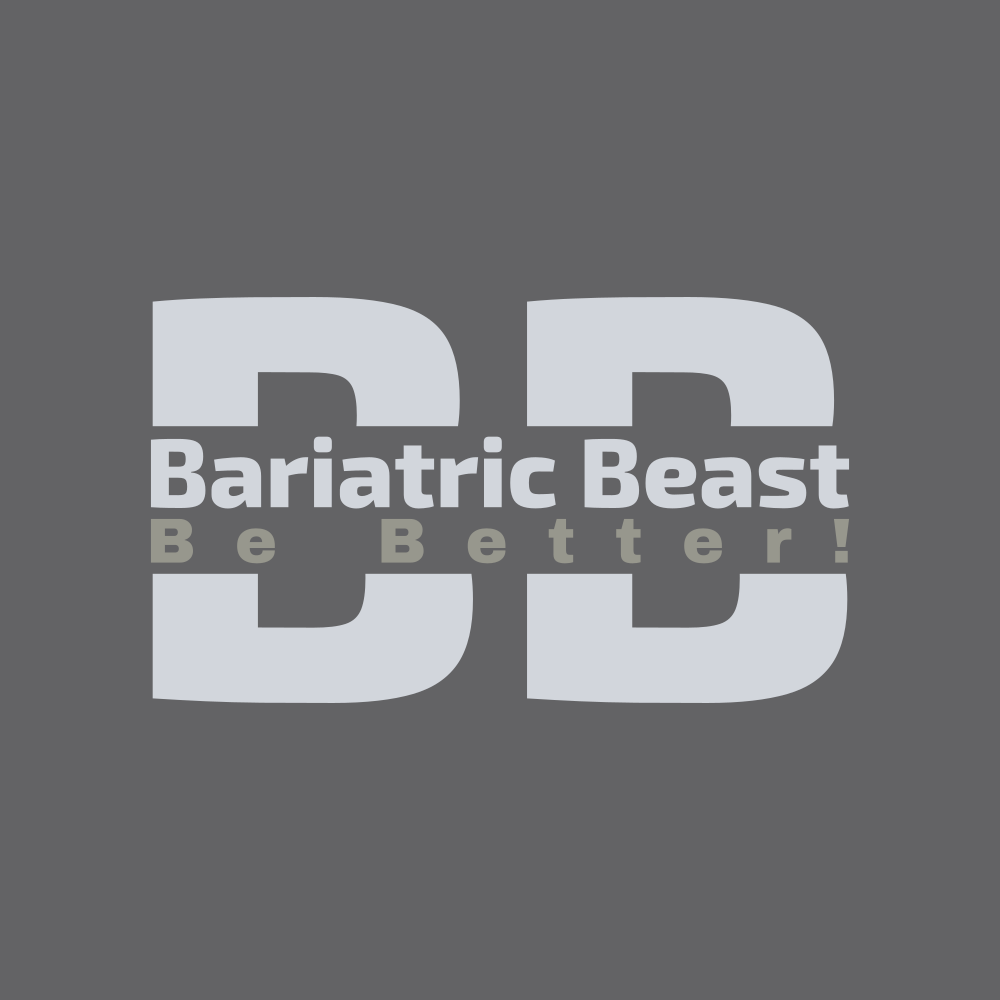If you’ve had bariatric surgery and are looking to build muscle, your approach to health and wellness must be intentional and well-balanced. Here are some essential tips to guide your journey:
1. Prioritize Protein Intake
- Protein is the building block of muscle, and after bariatric surgery, your intake is crucial.
- Aim for 60-100g of protein daily (or as recommended by your dietitian).
- Prioritize lean sources like chicken, turkey, fish, eggs, Greek yogurt, cottage cheese, tofu, and protein shakes.
- Distribute protein throughout the day to maximize muscle repair and recovery.
2. Strength Train Regularly
- Engage in strength training at least 3-4 times per week.
- Focus on compound exercises (squats, lunges, deadlifts, presses) for full-body strength.
- Start with bodyweight exercises before progressing to weights.
- Use controlled movements to prevent injury and maximize muscle engagement.
3. Don’t Neglect Carbs and Healthy Fats
- Many bariatric patients fear carbs, but they are essential for energy and muscle recovery.
- Stick to complex carbs like quinoa, oats, sweet potatoes, and vegetables.
- Incorporate healthy fats (avocados, nuts, seeds, olive oil) for hormone regulation and joint health.
4. Stay Hydrated
- Dehydration is common after bariatric surgery and can hinder muscle recovery.
- Aim for 64+ oz of water per day.
- Avoid drinking with meals to prevent discomfort and malabsorption.
- Add electrolytes if you’re sweating a lot during workouts.
5. Focus on Recovery
- Muscle grows during recovery, not just in the gym.
- Prioritize quality sleep (7-9 hours per night) to optimize muscle repair.
- Stretch and use mobility exercises to prevent stiffness.
- Consider low-impact activities like swimming or yoga to complement strength training.
6. Track Progress Beyond the Scale
- Post-surgery weight loss may slow as you gain muscle—this is a good thing.
- Track measurements, strength levels, endurance, and energy levels instead of just focusing on weight.
- Celebrate non-scale victories, like lifting heavier weights or increased stamina.
7. Listen to Your Body
- Avoid overtraining—fatigue and soreness are normal, but chronic exhaustion is not.
- Work with a doctor or dietitian to ensure you’re getting proper nutrition.
- Adjust workouts if you experience joint pain, dizziness, or discomfort.
8. Be Patient & Stay Consistent
- Muscle-building takes time, especially with a lower-calorie intake.
- Small, consistent efforts lead to long-term strength and fitness.
- Keep a positive mindset, and trust that every workout and meal supports your goals.
Would you like help creating a custom strength training plan based on your fitness level? I’m here to help you BE BETTER! 😊💪

